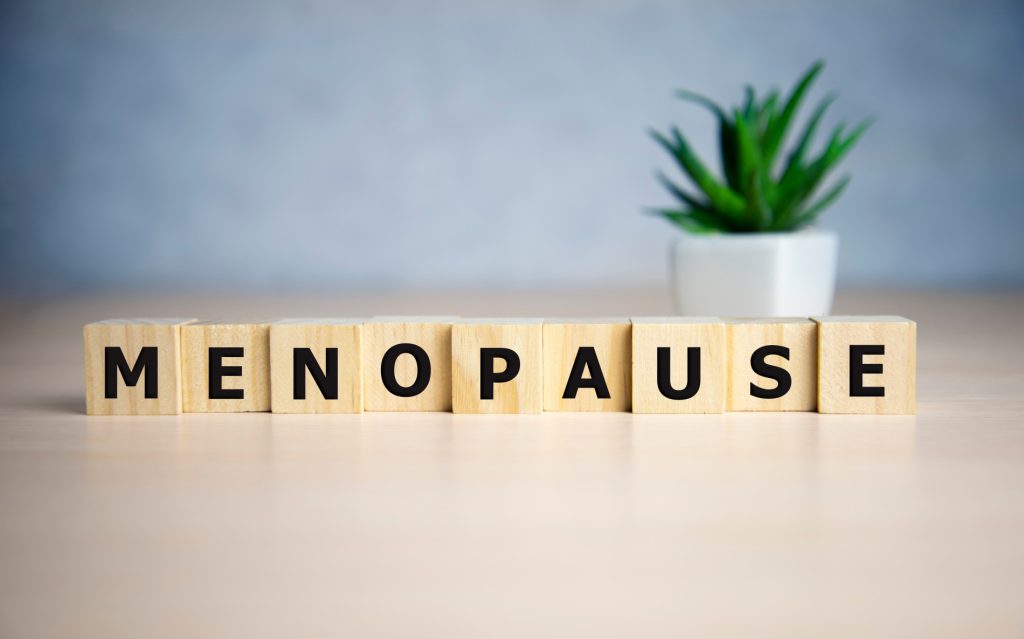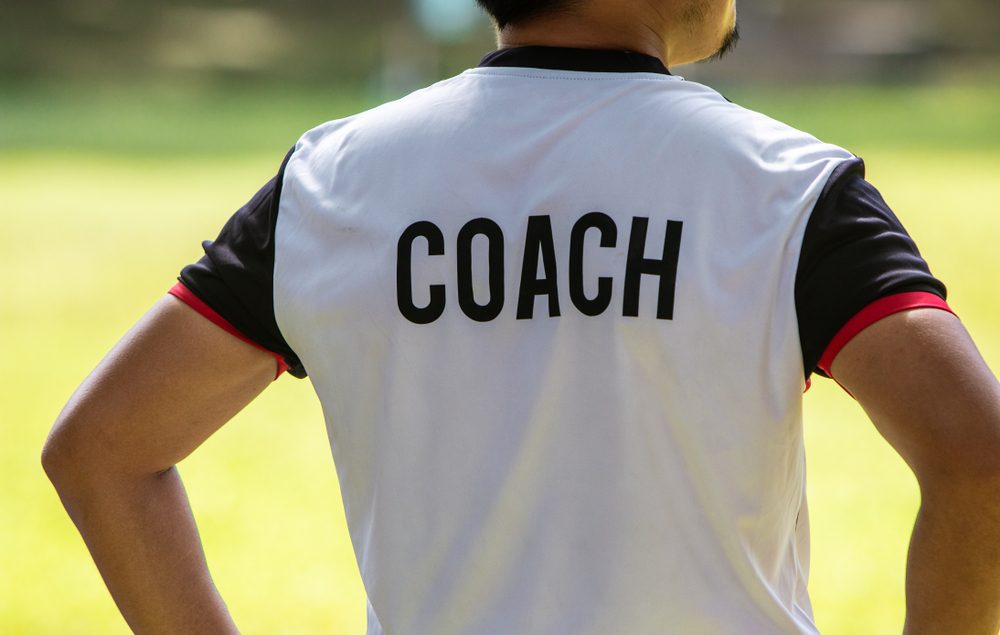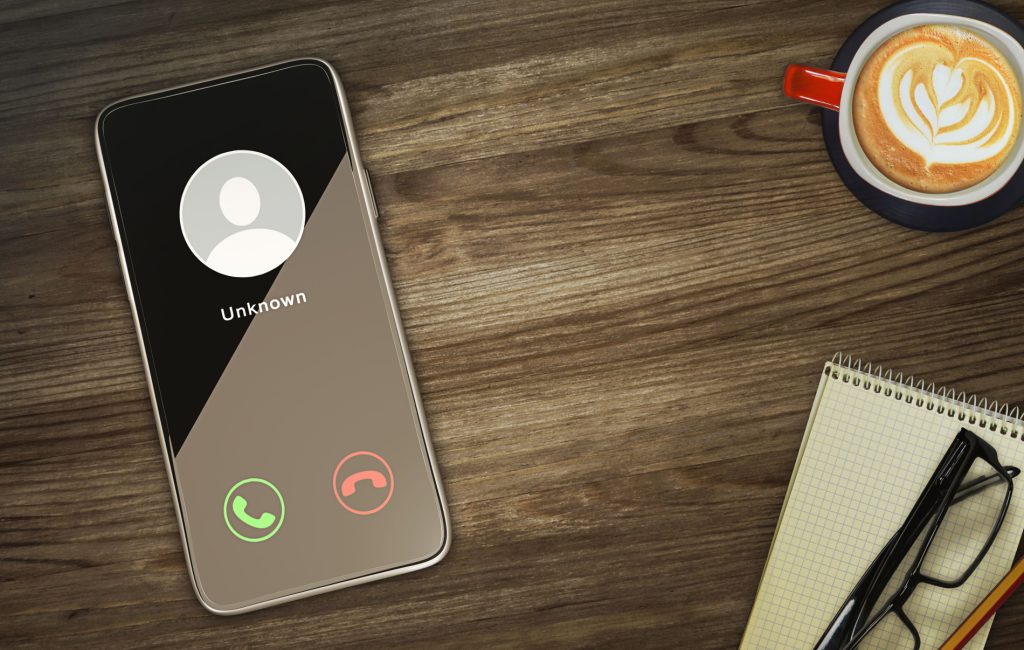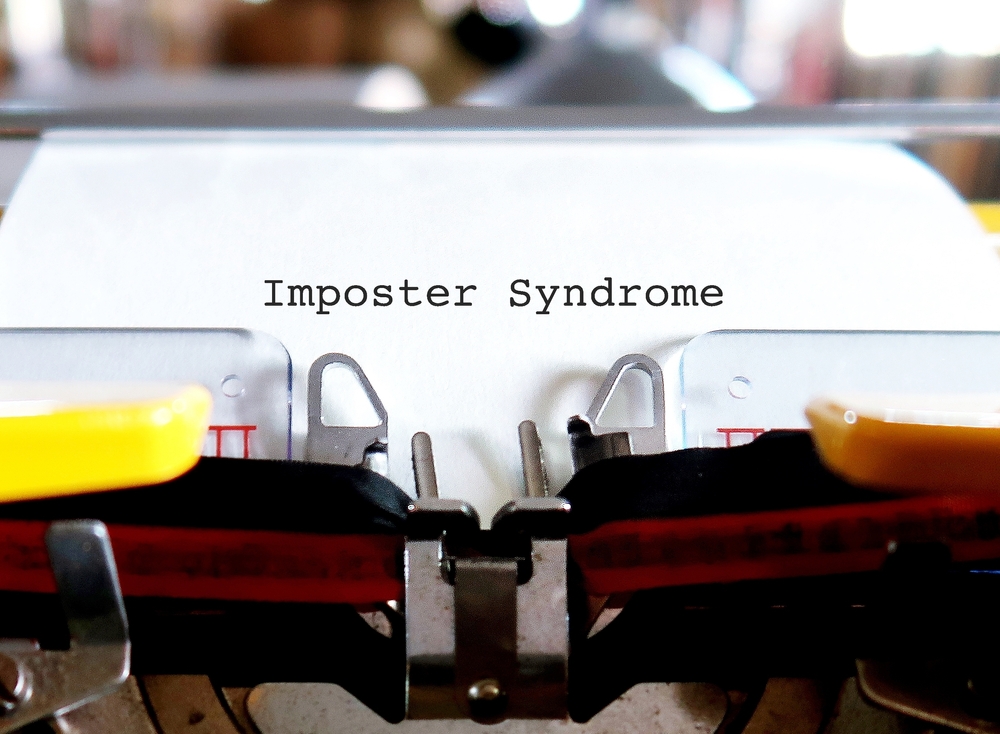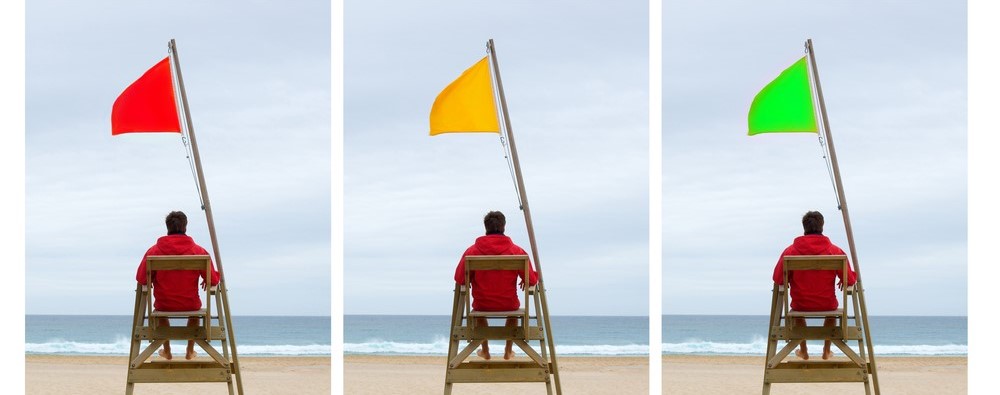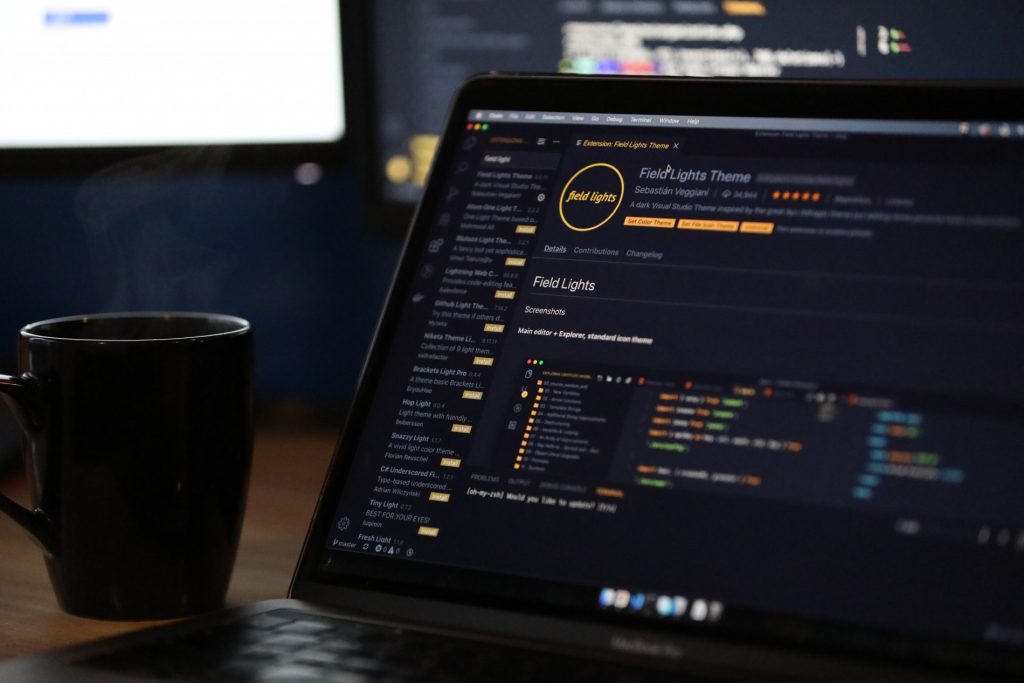Looking After the Leaders
A reminder that our HR leaders have emotions, too.
“But what about you, how are you?”
I was packing up preparing to leave for the day when my colleague Sharni came over to my desk and put this question to me. I must have looked at her in a quizzical, “what do you mean?” way because she repeated the question but this time said “you are always checking up on how we are all feeling, but I was wondering if anyone had asked you, how are you.”
It took me a second to respond, because though I was, I am, fine, her question gave me pause and I had to quickly blink to avoid the tears.
I am fine. Really.
This whole pandemic business has been a mixed bag of emotions. Perfect conditions for a storm of thoughts and emotions but with some magic amongst the madness. My challenges are not at all unique or special and I have had to simply respond to life as it happens. Our business is strong and safe, my family is healthy, my son took learning from home with his usual enthusiasm and spirit but is now safely back in the hands of the glorious experts and as I type this I’m sipping hot tea in the sunshine. But not everyone wants platitudes and silver linings, so I am also acutely aware that my place in all of this is with a certain amount of privilege. This does not however protect me from my own anxieties and there is nothing like a pandemic to mess with someone’s sparkle. I recently likened my personal experience of this pandemic to be not unlike my years of IVF treatment. No certainties, no control, feeling powerless but hopeful yet helpless. A holding pattern of wait and see.
Fortunately, the coffee is real, no decaf for this spectacle.
So, when Sharni asked me how I was feeling, I was thrown off balance and the exchange has since been billowing about in my head. It is not my staff’s responsibility to check in on me, but it was unquestionably kind of her to do so.
So, is anyone asking how you are?
When this crisis first emerged and it became evident that we were going to part of a historical event we didn’t sign up for, I remember talking to a good friend who also happens to be a leading HR Practitioner and she said to me “Trace, I feel like the lady at Woolworths, trying to help but I just don’t have enough supplies or don’t have what everyone wants. This is relentless.”
By definition, Human Resources is the personnel of a business or organisation, regarded as a significant asset in terms of skills and abilities.
Significant indeed.
The work I have seen performed by HR executives in recent months has been remarkable. Long, exhausting hours spent from one zoom meeting to another. Deploying people to their lounge rooms, coordinating, consulting, and counselling. Setting up online yoga classes to keep people moving, forming Covid committee meetings talking contingency plans and recovering strategies, crunching numbers and in some instances all of this being played out whilst simultaneously acting as their school aged children’s own Personal Assistant, fielding copious amount of school email correspondence and setting up classroom conference calls and trying to remember what a phrasal verb is.
Are we having fun yet?
I know many who are communicating with honesty and transparency knowing that some of their people seek security and reassurance but realising the confronting truth that this cannot always be provided. I’ve bared witness to HR who have shown empathy and care beyond measure. There are those are operating on auto pilot, adrenaline, and coffee. Where the first priority is their people whilst putting their own needs secondary. This is not to put them on pedestals or at hero status, but to acknowledge the work they are performing, under extraordinary conditions and with relentless pressure. Enduring the challenges of managing people in a pandemic of which there is no “how to” infographic.
So, if HR are the carers of the workforce, then who is caring for the carers? Of course, this also extends beyond those who have “HR” in their job title but to anyone in a leadership capacity who is tasked with managing people. Regardless of how great a leader someone may be, a crisis of this magnitude will test and challenge the best. For lessons and insights into what to do and what not to do, we can look to the global stage and regardless of your political stance it is obvious as to those who are outperforming the others. There would be very few aspects of this crisis that a Human Resources professional has not been instrumental in playing a part in. Employee health and safety, sending people home armed with hand sanitiser and webcams, coordinating technology requirements, writing policy and process, reviewing budgets, the to do list is long, fatiguing, and complicated.
The good news is that I know many of those in management and leadership roles are feeling well supported by their own leaders and peers, those who possess qualities such as emotional intelligence and resilience and who are bold in their decisions and brave in their actions.
Caroline McGuire, AHRI Director and Queensland State President says “My extended network have been reaching out for regular check ins and chats about what’s happening in our individual environments. My team has been amazing. I have been trying to support them personally and professionally as we are remote – regular check ins, personal chats, team online meetings, etc. They have also been wonderful in supporting me at a time when the workload is high, and the social interaction is low. My executive colleagues have also been supportive. There is a shared sense of purpose and we are pulling together, now more than ever.”
When confronted by a crisis and we find ourselves thrown into the cosmos, we look for the helpers, the voices of reason, the calm in the chaos, those who can lead with grace though not with perfection.
Social media memes tell us to check in on our strong friends but let us remember to check in on our strong leaders, to do so is not to question their leadership capabilities but to recognise they too are human.


